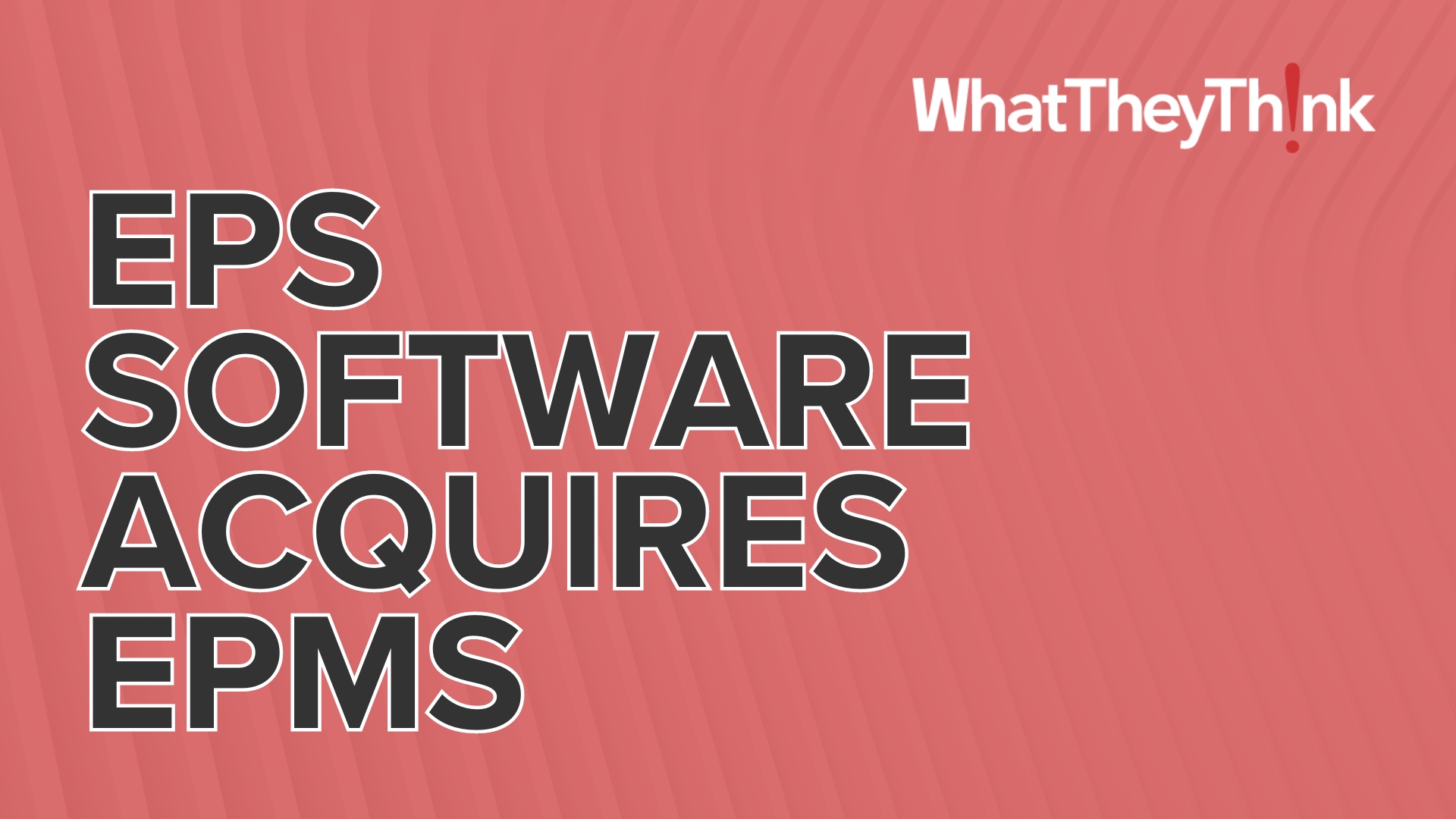Presentation Folder Prices Drive Company Folders, Inc. to Innovate
Press release from the issuing company

Pontiac, MI – With only a few months left to wrap up 2024, a duo of economic inconveniences has made life quite a bit harder for small and large commercial printers—namely, rising material prices and growing energy costs.
Both of these are at least partly due to national inflation affecting the U.S. economy, which, while on many levels continues to chug along, has been squeaking on the rails slightly.
This has been unwelcome news to commercial printing customers, who feel the price pain at checkout and wonder why they’re paying more for the same product. Presentation folder prices are high among their list of concerns, as these popular and versatile printed products have experienced quite the mark up in price.
But while the economic climate may have been giving businesses whiplash recently, careening from stable and sunny to uncertain and blustery with about a few years' notice, one Michigan-based printer is paving a sustainable path forward, deciding the good days ahead outnumber the bad.
Company Folders, Inc., a commercial printing business specializing in presentation folders, and its vendors have been committed to cutting prices on common folder products to create a happier customer experience. The problem, as always, has been increased prices of raw materials—which, when last checked, had up-ticked around 3% since the beginning of the year.
"We've seen rising costs across the board—ink, plates, labor—but paper has seen the sharpest increase. It's become the biggest challenge in our pricing strategy,” said Vladimir Gendelman, owner of Company Folders.
The past few years have seen some paper mills forced to close permanently. Still more switched from manufacturing fine paper to packing grade cardboard, which is helpful when consistently unpredictable customer shopping habits change to favoring e-commerce (mainly spurred on by global events), and packaging is in higher demand.
But most paper mills have simply had to retool their current business strategy, locating and inking deals with cheaper printing companies when they could—China, for instance, is the leader in low-cost production and printing technology, making them an obvious route to slim down costs.
Clearly, to stay relevant, American printers will have to meet paper mills where it matters most: their margins. They’ll also need to take care of costs on their respective ends.
“To manage these costs, we're involved in renegotiating bulk rates with our existing mills, and we're also bringing in friendlier-priced paper vendors who offer more favorable pricing, especially for new business relationships,” said Gendelman.
Considering the pulp and paper industry is one of the largest energy consumers, managing output is a top priority for commercial printers concerned with sustainability.
Businesses and corporations have always had ideas of what sustainability looks like in the modern world. For commercial printers, the focus is on controlling what they can in a complicated global energy market, but also on controlling their energy consumption through personal decisions.
“When we have several orders using the same PMS color, we’re more strategic about running them together. It allows us to maximize efficiency by minimizing setup time,” said Gendelman.
Gendelman continued, citing another instance of his streamlined business practices.
“Sometimes, a new job comes in and gets bumped up in the queue because the color it needs is already set up, meaning it can run faster than orders that have been in line longer. This approach cuts down on labor and setup time across multiple jobs.”
As the world heads into 2025, the printing industry can expect continued change. Cheaper printing options overseas and burgeoning interest in paperless environments may mean less demand in some areas of commercial printing, but it’s hardly the death knell to paper and pulp as a whole, as some companies have shown.
For more information, visit https://www.companyfolders.com or call (248) 738-7600.
- Questions to ask about inkjet for corrugated packaging
- Can Chinese OEMs challenge Western manufacturers?
- The #1 Question When Selling Inkjet
- Integrator perspective on Konica Minolta printheads
- Surfing the Waves of Inkjet
- Kyocera Nixka talks inkjet integration trends
- B2B Customer Tours
- Keeping Inkjet Tickled Pink
© 2024 WhatTheyThink. All Rights Reserved.















Discussion
Only verified members can comment.